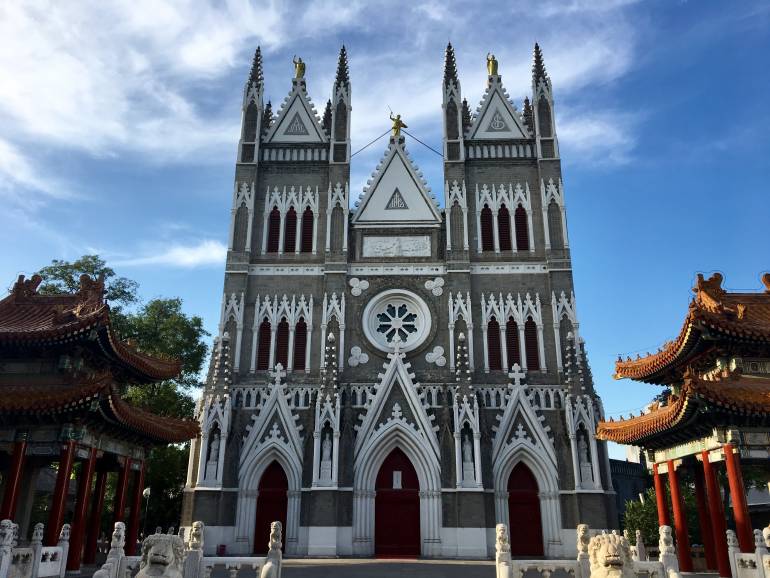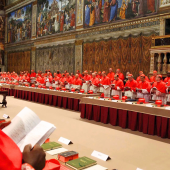Holy See-China: Provisional Agreement on nomination of Bishops renewed for second time

“After appropriate consultation and assessment, the Holy See and the People’s Republic of China have agreed to extend for another two years the Provisional Agreement regarding the appointment of Bishops, which was signed on 22 September 2018 and previously extended on 22 October 2020,” according to a communiqué released by the Holy See Press Office on October 22.
“The Vatican Party,” the statement continues, "is committed to continuing a respectful and constructive dialogue with the Chinese Party for a productive implementation of the Accord and further development of bilateral relations, with a view to fostering the mission of the Catholic Church and the good of the Chinese people."
Pope Francis, in an interview with the Reuters news agency last July, had expressed his hope that the agreement could be renewed this October.
With reference to the appointment of Bishops, the Pope said in the interview, “The agreement is going well” even if “it is going slowly, as I say, ‘the Chinese way’, because the Chinese have that sense of time, that no one can rush them.”
He noted, too, that the Chinese “also have problems” because the local authorities act in different ways with the Catholic Church and “it is not the same situation in every region of the country.”
The Pope, recalling the diplomatic efforts of Cardinal Agostino Casaroli, the architect of the Vatican’s policy of Ostpolitik towards the countries of Eastern Europe, had spoken of the “martyrdom of patience”.
“Many people said so many things against John XXIII, against Paul VI, against Casaroli. But diplomacy is like that. Faced with a closed situation, one must seek the possible, not the ideal, path. Diplomacy is the art of the possible and making what is possible become a reality.” - Vatican News
Radio Veritas Asia (RVA), a media platform of the Catholic Church, aims to share Christ. RVA started in 1969 as a continental Catholic radio station to serve Asian countries in their respective local language, thus earning the tag “the Voice of Asian Christianity.” Responding to the emerging context, RVA embraced media platforms to connect with the global Asian audience via its 21 language websites and various social media platforms.













